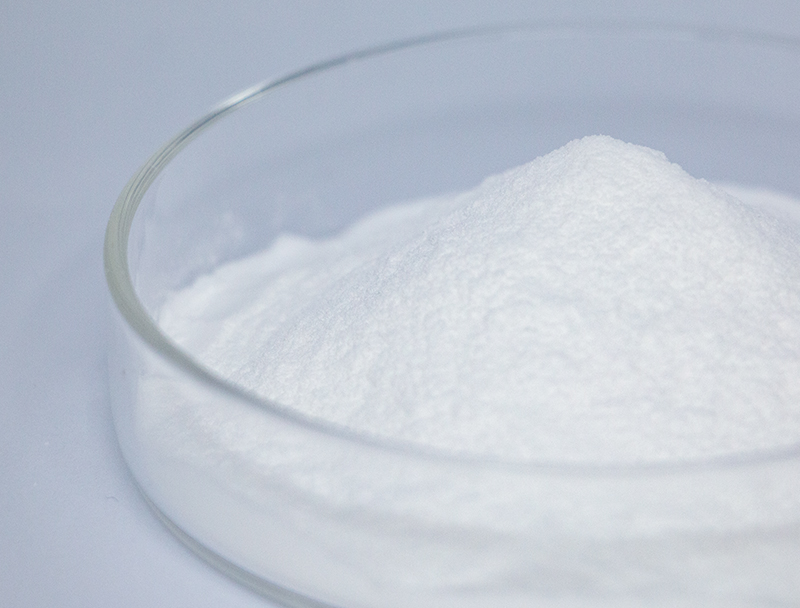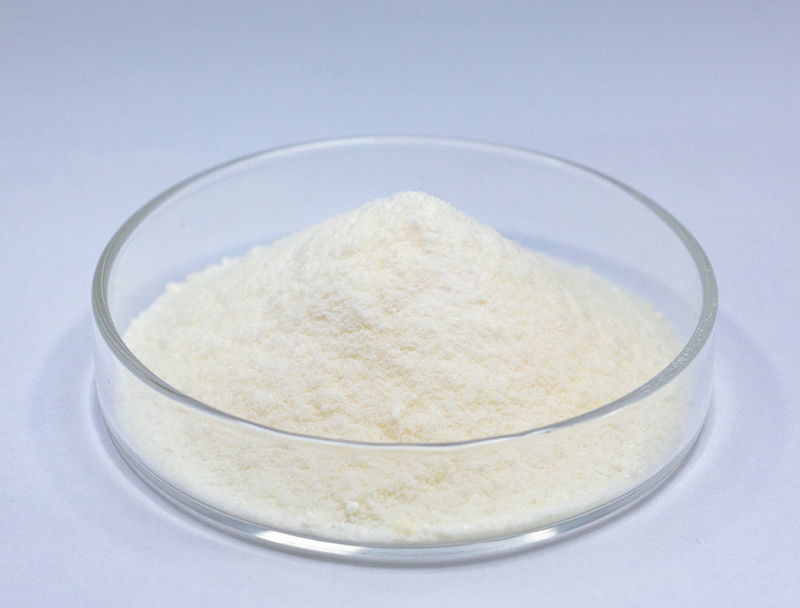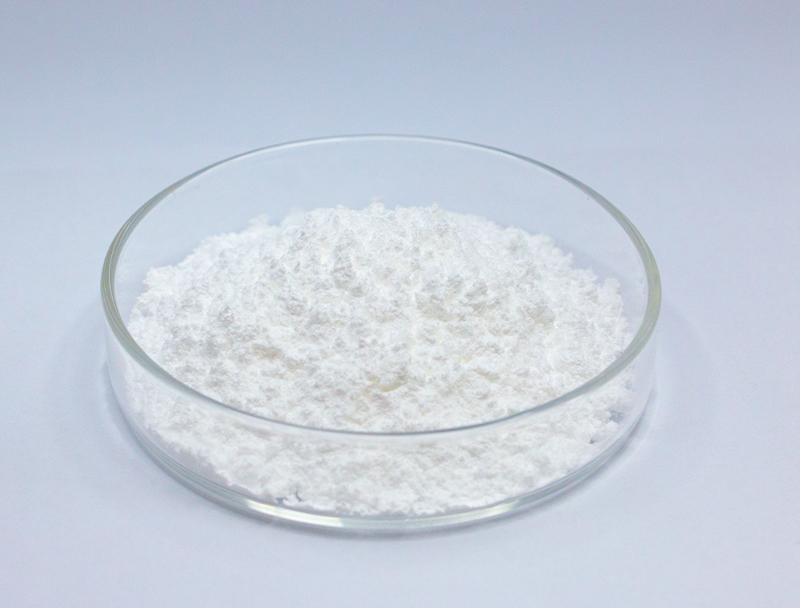pilot batch materials scaled materials iso compliant alpha-ketoglutaric acid

Advanced biosystems are built around a comprehensive selection of biomass sources for fabricating next-generation bio-products.
Preserving ethical acquisition of feedstocks underpins enduring viability and ethical market growth.
an array of drawbacks from conventional supply chains including environmental degradation and exploitation of natural resources. Consequently, biotech firms need proactively to adopt sustainable procurement approaches to reduce environmental impact.
- Situations demonstrating ethical sourcing encompass:
- Using repurposed agricultural residues as substrates
- Deploying circular process designs to reduce discard and boost reuse
- Aligning with domestic providers that adhere to transparent sourcing
Transitioning to green supply models secures ecological benefits and economic upside.
Advancing Biomass Preparation for Elevated Biofuel Production
Raising biofuel yields involves refining feedstock structure and content. Scientists are constantly exploring novel strategies to optimize these feedstocks, resulting in superior production volumes and sustainable energy gains. This involves genetic modifications to increase 4-Aminobutyric acid biomass production, as well as pretreatment techniques that break down complex plant materials into more readily fermentable sugars.
- Likewise, initiatives explore candidates such as algal biomass, process wastes, and agricultural leftovers to extend sustainable feedstock availability for fuels.
- Thanks to continuous exploration the sector is prepared to realize considerable strides toward an eco-friendlier energy mix.

Enhanced Upstream Strategies for Biopharmaceutical Yield
includes primary operations from inoculation through cell collection Recent progress has advanced techniques that maximize productivity and increase output.
Important innovations consist of upgraded cell platforms, customized nutrient matrices, and smart bioreactor solutions. These strategies improve manufacturing efficiency and lessen cost and ecological effects.
- Also, evolving practices favor continuous flow processing which supports more agile upstream control.
- Embracing sophisticated manufacturing strategies is poised to change industry norms and shorten development cycles.

Precision Genomic Tools Enhancing Biopharmaceutical Yields
progresses in gene editing technologies, such as CRISPR-Cas9, have revolutionized the production of biopharmaceuticals. Through controlled genetic modifications, practitioners increase therapeutic protein production. The technique provides opportunities to manufacture economical, high-yield therapeutics for varied indications.
Harnessing Microbial Biotechnology for Sustainable Bioremediation
promising microbial strategies enabling effective environmental cleanup and restoration. Specialized microbes can enzymatically degrade pollutants to reduced-toxicity products.. Applying microbial remediation systems creates low-impact cleanup options that address contamination efficiently.. Scientists evaluate varied microbes for potential to remediate metal contaminants, pesticide compounds, and oil-derived pollutants.. Such organisms are usable in treatment systems or applied directly to soils and waters to drive biodegradation of contaminants..
Microbe-based remediation provides compelling advantages over standard remediation methods. It is a cost-effective and environmentally friendly approach that minimizes the generation of harmful byproducts. In addition, microbial approaches enable pollutant-specific treatment without broad ecological disruption. Advancements continue apace to increase the speed, efficiency, and applicability of microbial remediation techniques.
Informatics-Driven Strategies for Drug Design
Informatics platforms are essential to current drug discovery and development pipelines. From identifying potential drug candidates to optimizing their efficacy and safety, bioinformatics enables a more efficient and data-driven approach.
- Through evaluating comprehensive genomic, proteomic, and clinical data, teams detect novel targets and predict drug action.
- Likewise, computational docking and dynamics help design molecules with improved target engagement and potency.
- Finally, data-driven informatics is changing drug development and hastening patient access to effective therapies.
Metabolic Design Approaches to Boost Bioproduct Yields
implements many strategies to improve microbial output of desired bioproducts. Approaches may include genome edits to rewire pathways, transcriptional control to tune expression, and heterologous gene insertion to add functions.. With precise metabolic tuning scientists can greatly enhance yields of desired compounds.
This broad strategy is positioned to innovate sectors including pharmaceuticals, crop science, and bioenergy.

Scaling Biopharma: Difficulties and Strategic Opportunities
Large-scale manufacturing brings notable difficulties together with growth opportunities. Maintaining consistent product attributes with scale-up remains a central difficulty. Managing it necessitates robust automation, high-fidelity monitoring, and powerful analytical capabilities.

Complexity in multi-step biomanufacturing operations presents ongoing operational challenges.. Converting small-scale procedures to plant-scale operations necessitates extensive innovation and optimization.. Yet, the returns can be substantial. Effective scale-up may expand patient access to therapies, cut unit costs, and improve margins.
Numerous initiatives aim to tackle these scaling challenges. These include the development of new technologies for process optimization, advanced analytics for real-time monitoring and control, and innovative manufacturing strategies.
- R&D initiatives significantly drive enhancements in manufacturing capacity.
- Regulators are reforming approval systems to facilitate adoption of advanced manufacturing and nurture innovation.
Charting Regulatory Pathways for Biologics to Safeguard Patients
Developing biologic treatments requires exacting oversight to ensure consistent safety and efficacy. Products of biological origin introduce specific challenges that differ from standard drug development.
Organizations like the FDA and EMA provide essential guidance and set standards for authorizing novel biotherapeutics..
Robust assay and safety testing are obligatory from discovery through post-marketing surveillance.. The processes aim to expose risks and ensure that treatments meet exacting safety benchmarks.
Additionally, regulators regularly update methods to match the pace of fast-moving biopharma innovations.. Measures involve adopting innovative technologies and enabling development acceleration without compromising patient welfare.

Plant-Derived Feedstocks as a Route to Sustainable Bioplastics
The trend toward sustainability stimulates development of renewable material technologies. Converting plant biomass into bioplastics offers a credible pathway to environmentally sound products. Plant inputs like corn-derived starch, cellulose derivatives, and sugarcane can be turned into degradable plastics that lessen environmental burdens.
In addition, certain bioplastics match performance of petroplastics, enabling broad applicability in multiple sectors.. Sustained research efforts are necessary to optimize plant feedstocks for mass bioplastic production and enable circularity.
Biotech's Role in Improving Global Health and Agricultural Resilience
Modern biotech tools present opportunities to improve global health and stabilize food production. Through advancements in genetic engineering, synthetic biology, and cell therapies, biotechnologists are developing innovative solutions to combat infectious diseases, improve crop yields, and enhance nutritional value.. Consider genetically enhanced crops that resist pests and environmental stresses to improve production and reduce pesticide reliance.. In addition, the field produces vaccines, treatments, and diagnostic tools that are central to fighting infections and improving health worldwide.. As research progresses, biotechnology holds immense promise for creating a healthier and more sustainable future for all.
 β-Nicotinamide Mononucleotide
β-Nicotinamide Mononucleotide